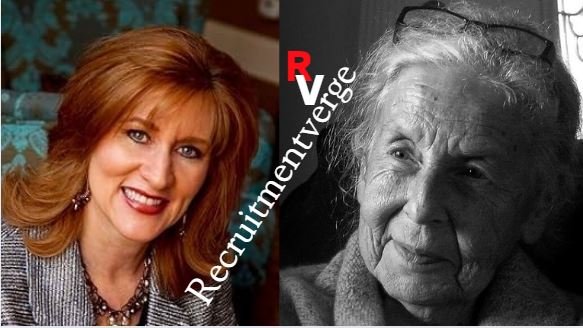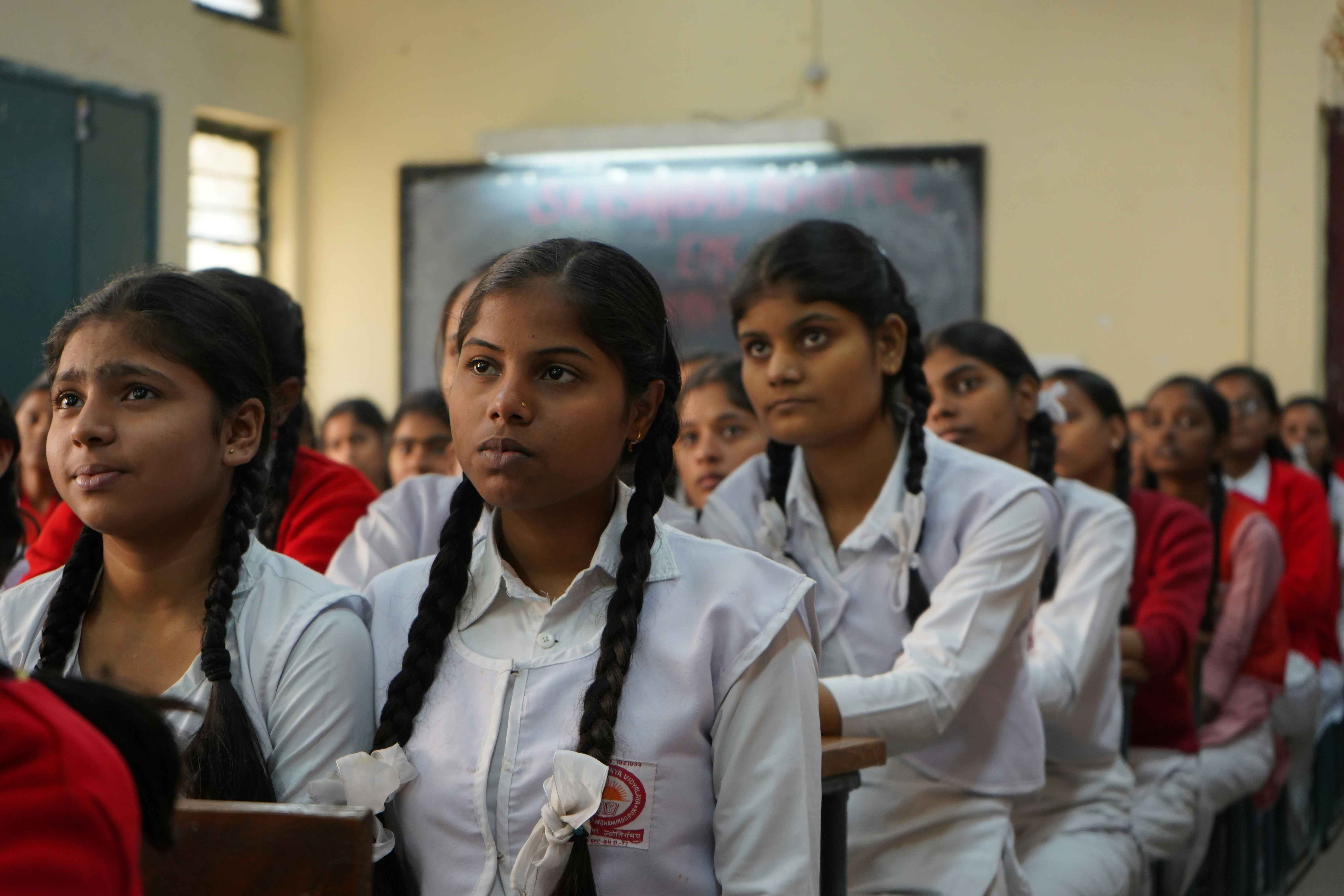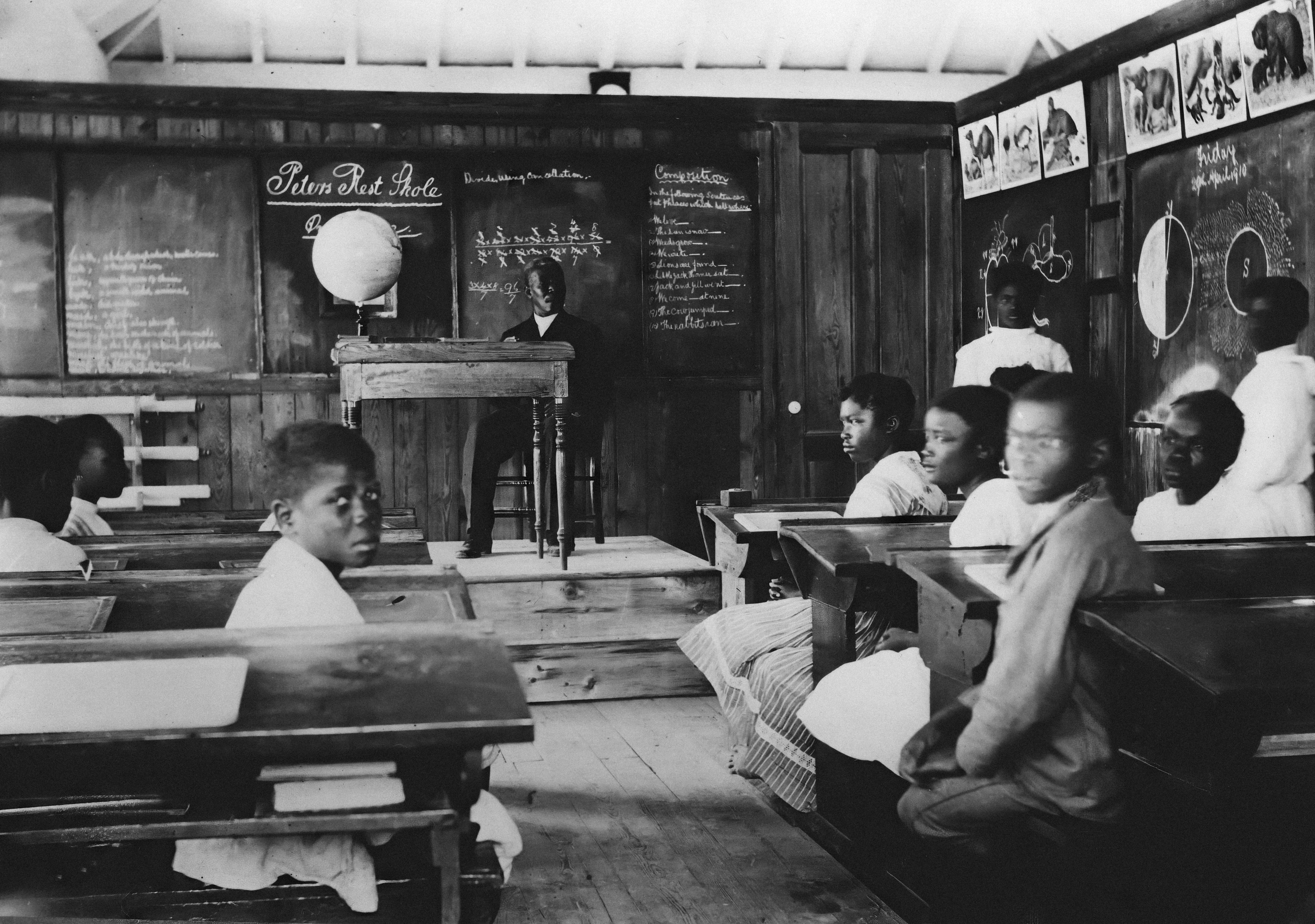
Jennifer Davis: A Life of Activism, Poetry, and Resistance
Jennifer Davis was more than just a poet—she was a fierce advocate for justice, an organizer, and a key figure in the fight against apartheid. Her life took her from Johannesburg to the United States, where she dedicated herself to dismantling oppression and building global solidarity. Her contributions to social justice, both in South Africa and beyond, left an enduring impact on movements for equality.
Early Life and Influences
Born in 1933 in Johannesburg, Jennifer grew up in a Jewish middle-class household. Her father worked as a pediatrician, often responding to late-night calls, while her mother, a trained pharmacist from Germany, instilled in her a strong sense of responsibility and justice.
The stories passed down from her maternal grandmother about the family’s experiences in Germany profoundly shaped Jennifer’s worldview. She came to believe that oppression, in any form and against any group, must be confronted. This belief would drive her activism for the rest of her life.
ALSO READ: – Tina Ogal Biography: Age, Husband, Salary, Tribe, Nationality Details Here
A Young Activist in Apartheid South Africa
Jennifer’s resistance to apartheid began early. At just 15 years old, she openly challenged her Afrikaans teacher’s pro-apartheid stance in 1948, the same year the National Party came to power. It was a small but significant act of defiance that set the course for her lifelong activism.
During her time at the University of the Witwatersrand, she deepened her understanding of colonial economics and the ways foreign investments fueled apartheid. She became involved with political movements, particularly the Unity Movement, realizing that education was not just about academic achievement—it was a tool for resistance.
Forced into Exile: Continuing the Fight from the U.S.
The Sharpeville Massacre of 1960, in which 69 peaceful protestors were killed, marked a turning point. As the South African government cracked down on activists, Jennifer and her family faced increasing danger. In 1966, she, her husband, and their two children left for the United States.
Far from retreating, Jennifer found new ways to fight. She joined the American Committee on Africa (ACOA), where she became a key figure in the U.S. anti-apartheid movement. Her efforts included:
- Testifying before Congress about American corporate ties to apartheid
- Advocating for economic sanctions at the United Nations
- Rallying student activists to pressure universities into divesting from companies linked to South Africa’s racist regime
Leading the Divestment Movement
By 1981, Jennifer had become the Executive Director of both the ACOA and The Africa Fund. She worked closely with fellow activist Dumisani Kumalo, crafting the strategy that ultimately convinced businesses and institutions to cut financial ties with South Africa.
Understanding the power of culture, Jennifer also helped launch the anti-apartheid album Sun City, featuring prominent musicians who used their platform to raise awareness and funds for the cause.
Her ability to connect different struggles made her a vital force. She linked apartheid resistance to labor rights, racial justice in the U.S., and global economic inequality, building coalitions that strengthened the movement.
Working with Mandela and Global Recognition
Jennifer played a significant role in organizing Nelson Mandela’s first visit to the United States in 1990 after his release from prison. She ensured that Mandela didn’t just meet world leaders—he also engaged with grassroots activists who had fought for his freedom from abroad.
In 2011, the South African government honored her with The Order of the Companions of O.R. Tambo in Bronze for her contributions to the anti-apartheid struggle. Even after retiring in 2000, she continued to support international activism, co-founding the African Activist Archive Project to preserve the history of global solidarity efforts.
A Legacy of Justice and Unity
Jennifer believed in the power of coalition-building—uniting students, workers, faith communities, and human rights groups to achieve change. She often emphasized that leadership in South Africa had to come from its people, reinforcing the importance of grassroots movements.
Her life was one of unwavering commitment to justice, showing how activism, education, and cultural resistance can challenge oppressive systems. Jennifer Davis remains an inspiration for those who continue the fight for equality around the world.
ALSO READ: – Judge Mogoeng Mogoeng Biography: Wife, Age, Salary, Family Full Details
FAQs
Who was Jennifer Davis?
Jennifer Davis was a South African activist, poet, and educator known for her leadership in the anti-apartheid movement and her advocacy for social justice.
What was her most significant contribution?
She played a key role in the divestment movement, pressuring corporations and institutions to sever financial ties with South Africa’s apartheid regime.
How did she impact the U.S. anti-apartheid movement?
Jennifer mobilized student groups, testified before Congress, and worked with musicians and activists to raise awareness and apply economic pressure on the apartheid government.
Did she work with Nelson Mandela?
Yes, she helped organize Nelson Mandela’s first U.S. visit and worked closely with South African liberation movements.
What is her lasting legacy?
Her dedication to justice, coalition-building, and historical preservation continues to inspire activists and human rights advocates worldwide.





